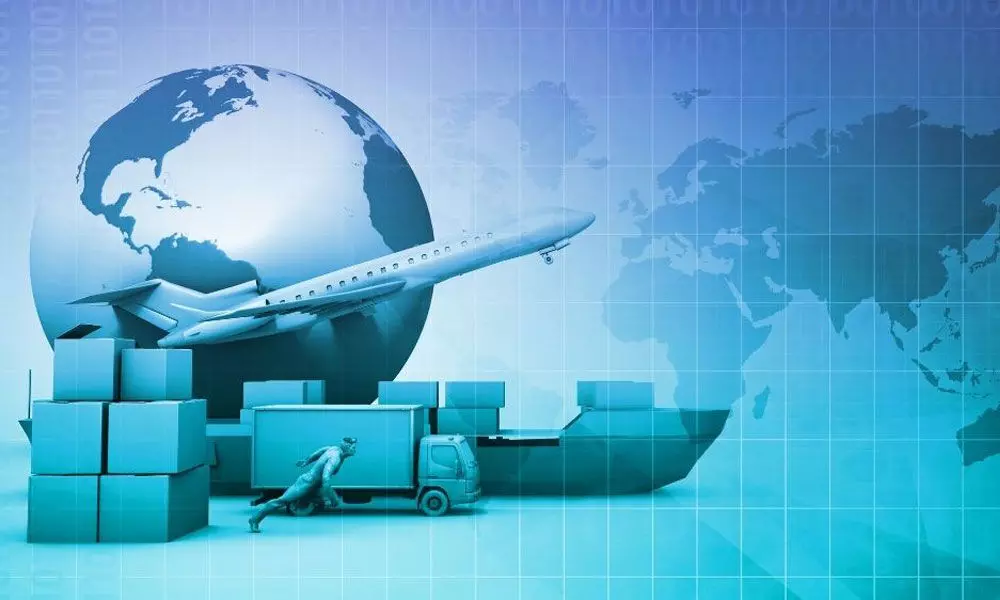Supply-chain disruption denting IT spend in EU
Russia supplies more than third of palladium to the semiconductor industry; Ukraine produces 90% of the semiconductor grade neon used in the US; Right from wheat, corn, and sunflower oil, and natural gas to petrol, titanium and titanium forgings, etc., several European countries are dependent on Russia, which accounts for significant chunk of supplies to EU and US
image for illustrative purpose

Consequences of Sanctions
- Companies have enough inventory for now
- But some disruptions are inevitable in coming days
- Russia exports include steel, palladium, platinum, and nickel, among others
Bengaluru: Supply chains across the world are facing unprecedented disruption owing to the Russian invasion of Ukraine, which has the potential of slowing down technology spend of affected industries.
Analysts are of the opinion most of the slowdown in IT spend is likely to be coming from the European region, which has larger integration with the region. Owing to the Ukraine crisis, supply chain of global companies has been disrupted severely in the last fortnight due to sanctions on Russia and counter sanctions imposed by Russia.
Russia is the third largest exporter of oil and gas resources, accounting for seven per cent all American imports. It supplies 40 per cent of Europe's natural gas supply. Though European gas supply has not been disrupted yet as per reports, US has already imposed sanctions on Russia's gas supply, which has raised fears of supply chain disruption in the near future.
Similarly, both Russia & Ukraine account for one third of global wheat exports. Imposition of trade sanctions on Russia and devastation of Ukraine have already started to roil the wheat supplies across the world. So, the old supply chain mechanism is likely to be disrupted as importers seek other geographies for meeting requirements.
Ukraine produces 90 per cent of the semiconductor grade neon used in the US. Russia supplies more than third of palladium to the semiconductor industry. Although companies have enough inventory for now, some disruptions are inevitable in coming days. Russia is a dominant supplier of titanium and titanium forgings, which are popular in the aerospace industry. Both nations are also suppliers of steel and nickel to the world.
"The biggest hit to supply chains would come from any severe disruption to Russian energy exports, as several European countries are dependent on Russia for energy. But even in the absence of this, there are more challenges to come. In addition to exporting agricultural products such as wheat, corn, and sunflower oil - India, China, the Netherlands, and Egypt are large consumers, both Ukraine and Russia export large amounts of steel, palladium, platinum, and nickel, among others," global financial institution ING said in a report.
Reacting to the impact on IT spend due to such supply chain disruption, technical expert Vimal Daga, Founder of LinuxWorld Informatics, said: "The conflict not only hit the European market hard, but also is making Indian IT firms worried about their future prospects." He, however, remained optimistic that these disruptions would be eased once the conflict got over.
Meanwhile, airlines have started to divert flights and ships are not able to take their usual navigation path due to the ongoing sanctions. Notably, supply chain segment has seen large implementation of digital technologies-powered solutions in recent years to save cost and make the process more efficient. Post-Covid pandemic, the segment, which has started to recover, is again being subjected to severe disruption.
The conflict not only hit the European market hard, but also is making Indian IT firms worried about their future prospects
- Vimal Daga, Founder of LinuxWorld Informatics

